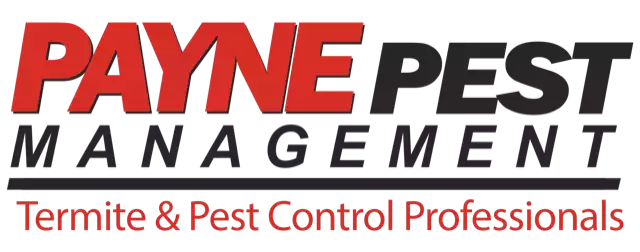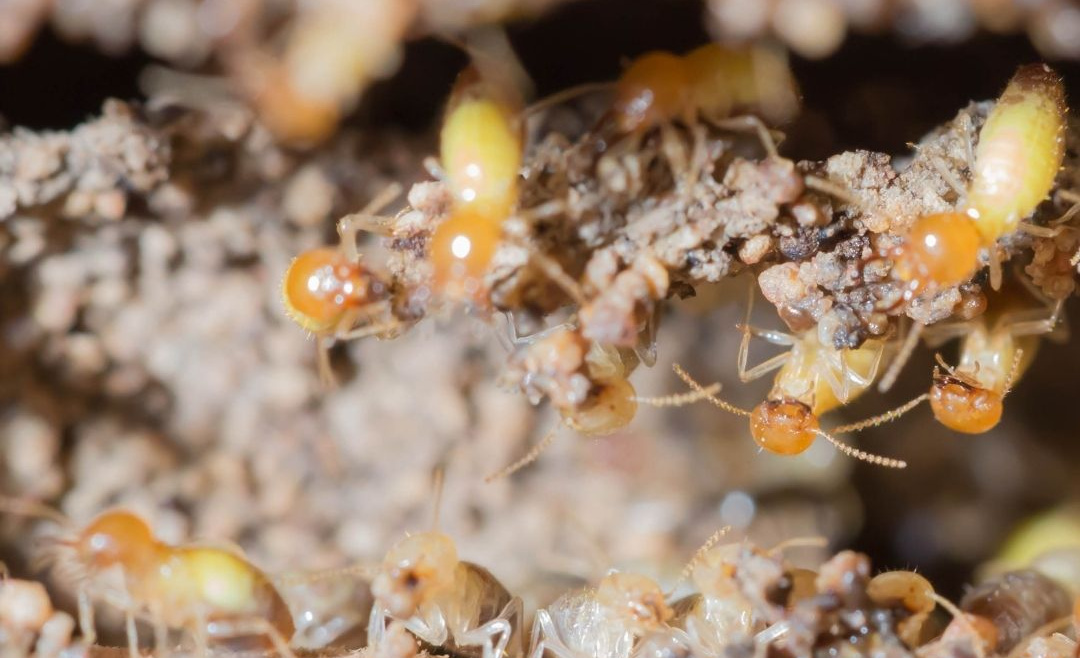Termites can cause severe damage to commercial buildings if left unchecked, which can lead to costly repairs and potential safety hazards. As a business owner or property manager, it’s crucial to stay ahead of these destructive pests by conducting regular termite inspections. In this article, we’ll explore what to expect during a termite inspection for commercial buildings, including what the inspector looks for and the steps you can take to prevent a termite infestation.
Why Termite Inspections are Necessary for Commercial Buildings
Termites are silent destroyers that can cause extensive damage to commercial buildings. They feed on wood, which can weaken the structural integrity of your building, posing a significant risk to employees, customers, and visitors. A termite inspection is necessary to detect the early signs of an infestation and prevent costly repairs.
When to Schedule a Termite Inspection
It’s recommended to have a termite inspection conducted at least once a year, preferably before the start of the termite season. In most areas, termite season starts in the spring and lasts through the summer. However, if you notice any signs of termite infestation, such as mud tubes or discarded wings, you should schedule an inspection immediately.
How to Prepare for a Termite Inspection
Before the inspector arrives, clear any clutter around the perimeter of your building and move any items that may obstruct their view. Ensure that all areas of the building are accessible, including the attic and crawl space. Also, inform employees and tenants of the upcoming inspection and provide them with any necessary information.
What to Expect During a Termite Inspection
A termite inspector will perform a thorough visual inspection of your commercial building, looking for signs of termite infestation. They will examine the exterior and interior of your building, including the foundation, walls, roof, attic, and crawl space. The inspector may also use specialized equipment, such as moisture meters and infrared cameras, to detect hidden signs of termites.
Signs of Termite Infestation
During the inspection, the inspector will look for signs of termite infestation, including:
- Mud tubes along the foundation or walls
- Discarded termite wings near windows and doors
- Hollow or damaged wood
- Small holes in drywall or plaster
- Buckling or swollen floors
Termite Inspection Report
After the inspection, the inspector will provide you with a detailed report outlining their findings. The report will include any signs of termite infestation, areas of the building that are vulnerable to infestation, and recommendations for treatment and prevention.
Preventing Termite Infestations in Commercial Buildings
Preventing termite infestations is key to protecting your commercial building from damage. Here are some steps you can take to prevent a termite infestation:
- Fix any leaks or moisture problems in your building, as termites are attracted to damp environments.
- Store firewood and other wooden materials away from your building’s foundation.
- Seal any cracks or gaps in your building’s foundation, walls, and roof.
- Keep gutters and downspouts clear of debris to prevent water from pooling near your building.
- Remove any dead trees or stumps from your property, as they can attract termites.
Professional Termite Control Options
If you have a termite infestation, professional termite control is recommended to ensure effective treatment and prevention. Professional termite control options may include:
- Chemical treatments: Termite control professionals may use chemicals such as termiticides to kill and prevent termites from infesting your building.
- Bait stations: Termite bait stations contain slow-acting toxins that termites carry back to their colony, effectively killing the entire colony.
- Fumigation: Fumigation involves sealing off the building and introducing a toxic gas to kill termites.
It’s important to choose a reputable and licensed termite control company to ensure safe and effective treatment.
DIY Termite Prevention Tips
In addition to professional termite control, there are also several DIY termite prevention tips you can implement to reduce the risk of infestation, including:
- Regularly inspecting your building for signs of termites.
- Keeping your building clean and free of clutter to reduce potential nesting areas for termites.
- Using termite-resistant materials when renovating or building.
- Installing physical barriers such as metal screens or mesh to prevent termites from accessing your building.
- Applying natural termite repellents such as orange oil or neem oil.
While these DIY prevention tips may be helpful in reducing the risk of infestation, it’s important to note that they may not be as effective as professional treatment and prevention.
Termite inspections are a crucial aspect of protecting commercial buildings from costly damage and potential safety hazards. By understanding what to expect during a termite inspection and implementing prevention measures, business owners and property managers can stay ahead of these destructive pests and maintain a safe and structurally sound building.
FAQs
- How long does a termite inspection take? A termite inspection typically takes between 1-2 hours, depending on the size of the building.
- How much does a termite inspection cost? The cost of a termite inspection varies depending on the location, size of the building, and the inspector’s fees. On average, a termite inspection can cost between $75-$150.
- Can termites infest concrete buildings? While termites primarily feed on wood, they can still infest concrete buildings through cracks or gaps in the foundation.
- How often should I have a termite inspection conducted? It’s recommended to have a termite inspection conducted at least once a year, preferably before the start of the termite season.
- How do I choose a reputable termite control company? When choosing a termite control company, it’s important to look for licensed and insured professionals with a good reputation and experience in treating termite infestations.







